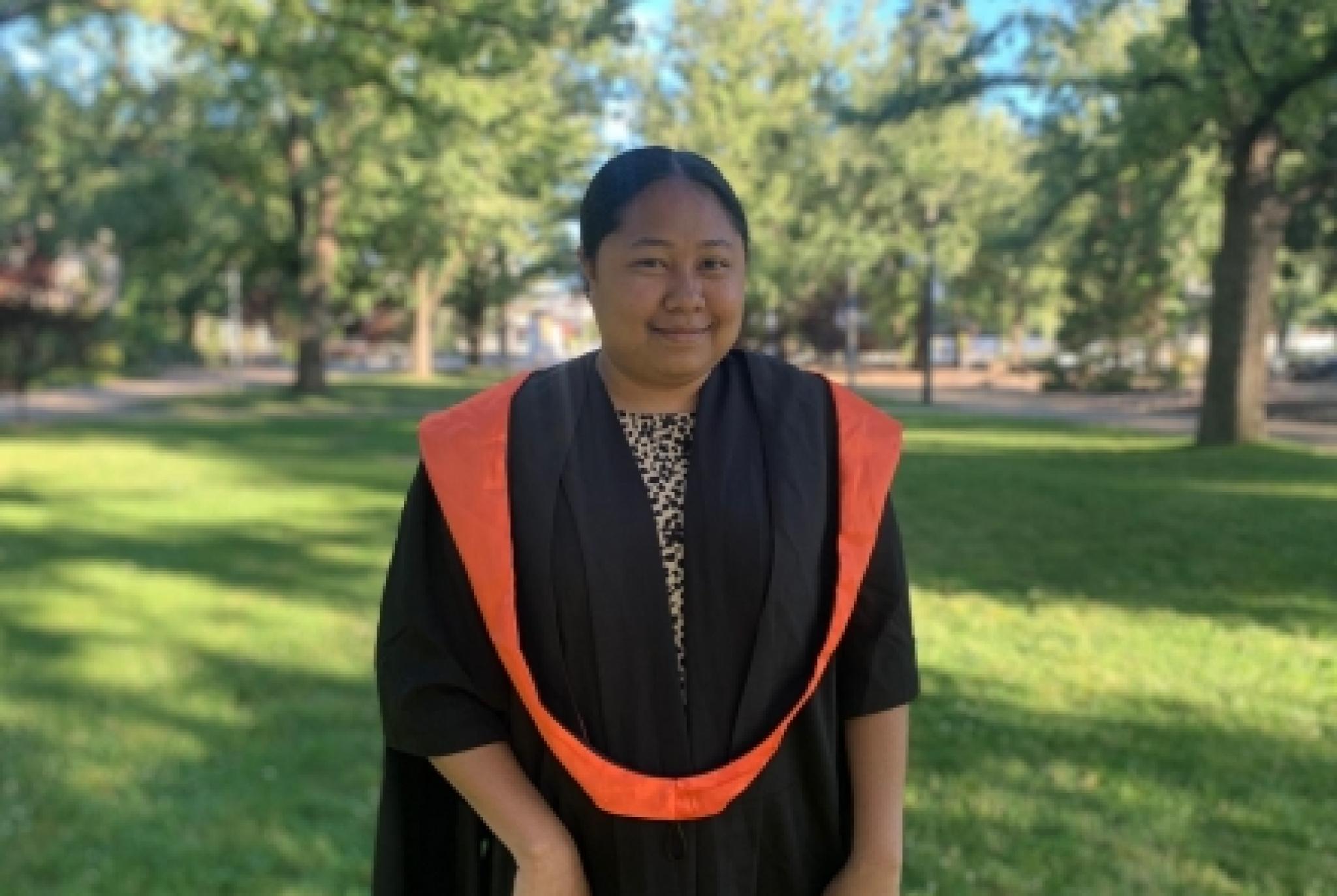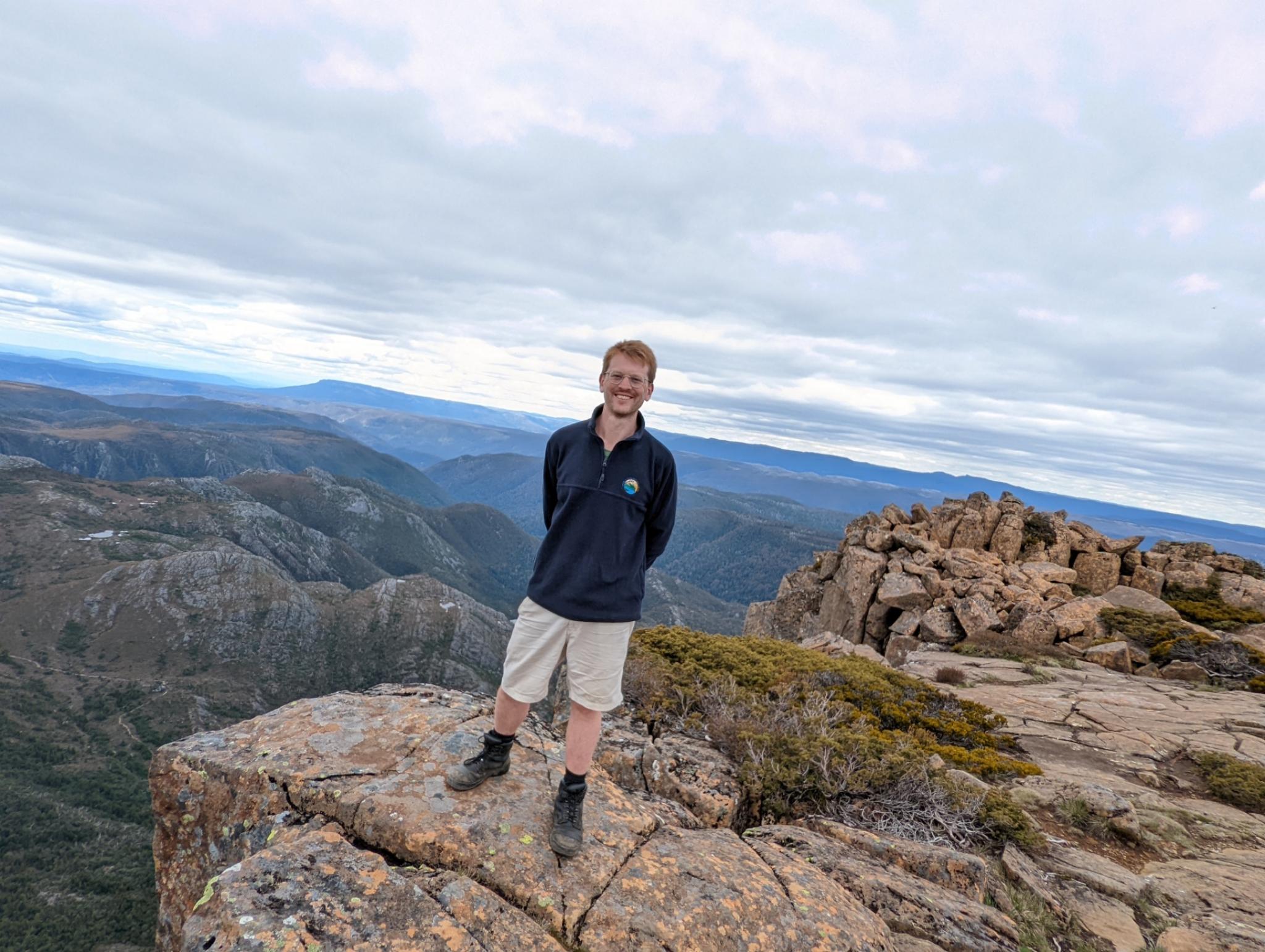The learning experience
The Crawford School of Public Policy prides itself on our excellence and commitment to students’ learning and professional development. Our interactive classes facilitate open, safe, and robust discussion and debate. Whether studying online or face to face, you will benefit from actively participating in our inclusive learning experience. Real-time interaction, discussion and debate between students and with convenors is a central part of the learning experience. Attendance at interactive classes is a key part of the learning design for both on-campus and online students.
Our teaching staff are leaders in their respective areas of expertise. They bring this knowledge and expertise to the classroom to inspire, challenge and support students as you carve your professional and personal pathway. Our work integrated learning program complements our expertise and provides students with an opportunity to be immersed in an organization and gain valuable real world policy expertise whilst studying.
You can benefit from our specialised academic skills advisers by attending workshops or booking individual consultations. The team provides focused support and resources to help students develop and strengthen their academic and research skills, preparing you for success and graduation.
You will complete a combination of compulsory and elective courses to tailor their program to meet your professional goals.



